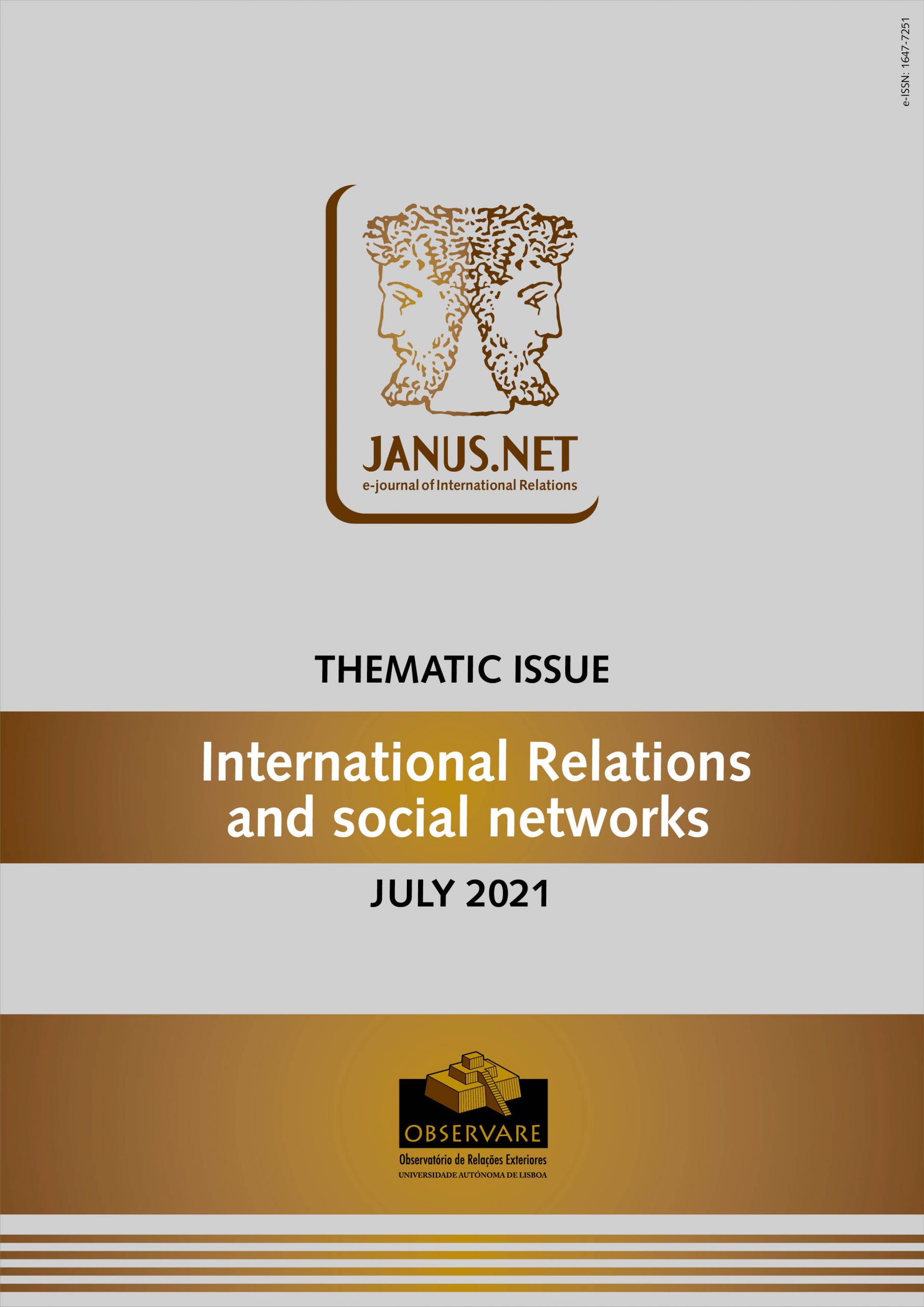Tourism is a social and scientific phenomenon. From here, its knowledge must be approached from a complete vision and not limited to a single discipline or set of them separately, since it is multidisciplinary. The role of international relations in tourism is a phenomenon with great economic, social, cultural, and environmental consequences, which can condition the behavior of tourists and the tourism sector as a whole. The pandemic caused by COVID-19 has affected the entire world population, the main economic engines of each and every one of the countries and international relations derived from the tourism sector. The coronavirus has not only affected the people who are under its effects, but it has also changed the global perception of reality just as the media have been forced to create a new way of communicating. Meanwhile, social networks have been the fastest and easiest way to disseminate all kinds of information and misinformation, adopting new formats and new anti-hoax measures (fake news). They have been effective and it is identified that thanks to the different platforms, citizens have found themselves somewhat more sheltered, understood and have received information about what is happening around their lives. Due to the closure of borders and the decrease in flights, worldwide tourism suffers serious consequences and for all this, the incidence of the coronavirus in the economy and international relations are protagonists of a difficult reality and a prompt and expected recovery.
SOCIAL NETWORKS AND INTERNATIONAL RELATIONS IN THE TOURISM SECTOR
Graduate and Doctor in Information Sciences. Graduate in Teaching. Lecturer in the Faculty of Information Sciences at the UCM (Spain). Lecturer at: U. Complutense, U. Europea de Madrid, IED, ESERP and IPAM. Index h 17. 6th Spanish author in published works, 13th in cited articles and 20th in citations received out of 747 authors. Secretary General of the Spanish Society for Ibero-American Communication Studies and of the International Forum on Communication and Public Relations.
almudena.barrientosbaez@unir.net
PhD with international mention in Education and lecturer at the Univ. Europea and the Univ. Internacional de La Rioja (Spain). Master in Protocol Management, Production, Organization and Design of Events, area of Communication and Master in Tourism Accommodation Management. Degree in Tourism and Teaching. She is part of the project new values, governance, financing and public audiovisual services for the Internet society: European and Spanish contrasts (RTI2018-096065-B-I00) of research of the State Programme of R+D+I.
PhD in Information Sciences and Degree in Journalism. He is a member of the Department of Theories and Analysis of the Department of Communication at the Complutense University of Madrid (Spain). He is a member of the Concilium Research Group as well as of the Spanish Society of Ibero-American Communication Studies and Forum XXI. He was director of the International University Congress on Communication: Contents, Research, Innovation and Teaching, and is currently a member of its Organizing Committee and Scientific Committee.
Doctor in Communication and Literature. Master in Communication and Culture, University of Seville. Master in Social Economy. He is currently a lecturer in the Department of Marketing and Communication at the University of Cadiz (Spain) and in Journalism at the University of Seville.
Resumo
Palavras-chave
Como citar este artigo
Caldevilla-Domínguez, David; Barrientos-Báez, Almudena; Gonzálvez-Vallés, Juan Enrique; Blanco-Pérez, Manuel. Social networks and international relations in the tourism sector. Thematic dossier International Relations and Social Networks, July 2021. Consulted [online] on date of last visit, https://doi.org/10.26619/1647-7251.DT21.13
Article received on 18 February, 2021 and accepted for publication on 26 March, 2021















